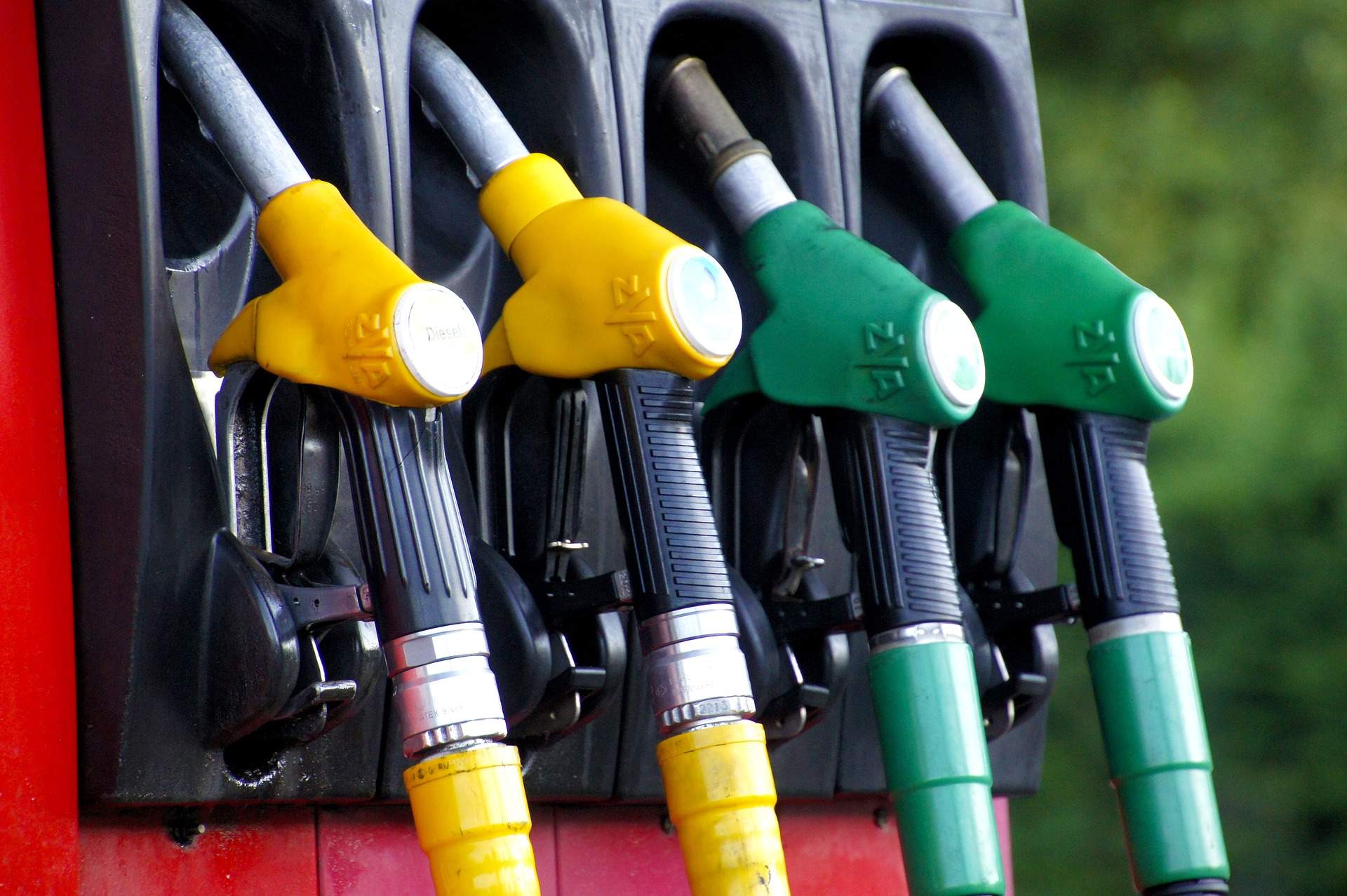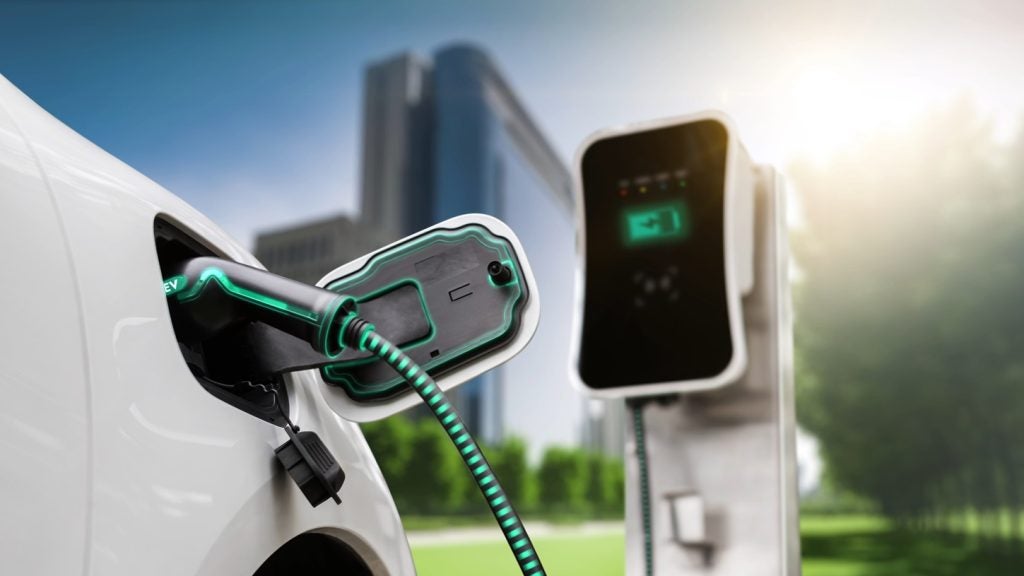
While no particularly breakthrough measure was announced in the latest budget statement, the government did give hints to what their attitude will be on tackling emissions in the future.
If there was a surprise for the car market in Philip Hammond’s autumn budget statement, it was the lack of surprises. The Petrol and Retailers Association, citing a parliamentary source, had predicted a rise in diesel duty of 1p per litre, together with an equivalent cut in the duty on petrol.
In the end, both predictions did not materialise, and fuel duties, which were due to rise in April 2018, were once again kept at 57.95p per litre, the level they have been since 2011.
Brian Madderson, the Petrol Retailers Association chairman, welcomed the freeze, but added that “it falls a long way short of demands from our members and the haulage industry for a significant cut to fuel duty”. Organisations like the Freight Truck Association (FTA) and the Road Haulage Association (RHA) took a similar stance, accusing the government of “[lacking] ambition” and missing a “golden opportunity” to cut a cost that they say has long been saddling haulage operators.
For Rupert Pontin, the decision to leave things as they are for fuel duty gives a bit of insight into the government’s attitudes to air quality. He says: “I am a little surprised that the Chancellor didn’t push up fuel duty, but there is probably an acknowledgement that whilst diesel has had bad publicity, it is not a reality for it to be consigned to die off.”
Diesel owners did not however come through unscathed. Hammond’s decision to notch up vehicle excise duty (VED) up one band for diesel was met with mixed reactions, as was the news that diesel supplement on company car tax would move from 3% to 4%.
How well do you really know your competitors?
Access the most comprehensive Company Profiles on the market, powered by GlobalData. Save hours of research. Gain competitive edge.

Thank you!
Your download email will arrive shortly
Not ready to buy yet? Download a free sample
We are confident about the unique quality of our Company Profiles. However, we want you to make the most beneficial decision for your business, so we offer a free sample that you can download by submitting the below form
By GlobalDataHammond had initially said that both measures would affect diesel cars, but not vans, that “do not meet the latest [emission] standards”. As it turns out, the standard referred to is not Euro 6, but Real Driving Emissions 2 (RDE2) – a certification that will not be rolled out until January 2020. Claire Evans, head of fleet consultancy at Zenith, said: “This is disappointing news for drivers in existing diesel cars who will be subject to the rise and not given time to move into cleaner technology.”
Sue Robinson, director of the National Franchise Dealers Association (NFDA), pointed out that “Euro 6 diesel still represent the most efficient and affordable vehicle.”
The overall message for traditional car drivers, Pontin says, is that: “if you have got a diesel, you are going to pay more money”. In terms of actual measures taken, however Hammond was actually lenient, he says: “I think a number of people expected to perhaps pay more than what the government has just put on them.”
But the government’s message was not directed to consumers only. As Paul Daly, UHY audit partner with a focus on automotive, points out: “People who specialise in fleets need to be mindful about taking on more residual value risk, and equally of VED in the terms of ownership cost of a vehicle.” The NFDA put out a warning along Daly’s lines, saying that the duty freeze “should not be taken for granted”, and that “dealers that are planning ahead and managing stock profiles correctly will be in a good place to ride through any future announcements.”
Using somewhat of a carrot-and-stick approach, next to the higher taxation the government also set aside over half a billion to support electric vehicles (EVs). The news of a £400m (€448m) fund to promote installation of charging points was generally well received – “The infrastructure is not there [at the moment],” says Dave Kendrick, UHY’s head of national automotive group – but industry players expressed confusion over lack of details in its implementation.
The Petrol Retailers Association called for ring-fencing part of the fund to assist fuel retailers in installing charging points at stations, especially if the government was still set on making their presence mandatory. Pontin, however, thinks that the money might actually be directed at startups and small businesses that are trying to fill the EV infrastructure gap left by big retailers.
Ultimately, the autumn budget served more to signal government stances on emissions and EVs than announcing any significant measure. The main takeout, says Pontin, is a clarification of the government’s attitudes going forward. “I hope this will bring some stability back to the car market. I think the fall in diesel registrations has been driven in part by a misunderstanding of [the government’s stance,” he says.
Daly says that the announcement should be seen as the start of a journey. “With these things, you cannot be too draconian,” he says. Still, small increases in taxation every year could pile up into a considerable expense, especially for businesses. Daly says that this might push companies to look for alternatives, like employee car ownership schemes, where the ownership of the vehicle stays with the employee, who then charges the employer for business expenses.
“The impact of higher VED and diesel supplements is minimal, really, in the overall scheme of things,” Daly concludes. ““The point is the fear factor: will the government do more of the same?”







